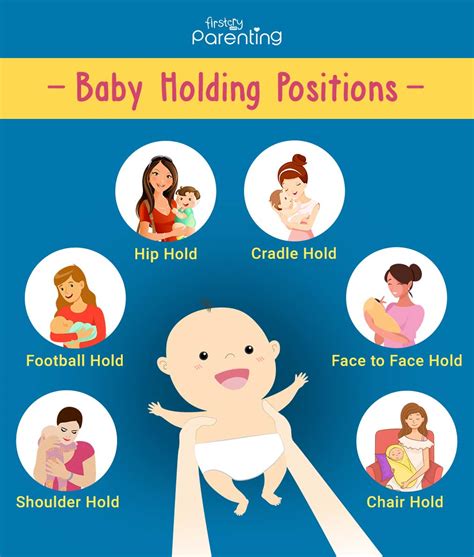Introduction
Hair loss is a common problem for women, with an estimated 40% experiencing some form of hair thinning or loss by the age of 50. While there are many factors that can contribute to hair loss, such as genetics, hormones, and age, there are also a number of things you can do to prevent or slow down hair loss.

1. Eat a Healthy Diet
Eating a healthy diet is essential for overall health, and it can also help to prevent hair loss. A diet rich in fruits, vegetables, and whole grains provides your body with the nutrients it needs to produce healthy hair. Some specific nutrients that are important for hair health include:
- Protein: Protein is essential for the production of keratin, a type of protein that makes up hair. Good sources of protein include lean meats, fish, eggs, and beans.
- Iron: Iron is necessary for the production of red blood cells, which carry oxygen to the hair follicles. Good sources of iron include red meat, spinach, and beans.
- Zinc: Zinc is involved in the production of keratin and other hair proteins. Good sources of zinc include oysters, beef, and nuts.
- Biotin: Biotin is a water-soluble vitamin that is essential for hair growth. Good sources of biotin include eggs, nuts, and seeds.
2. Manage Stress
Stress can take a toll on your overall health, and it can also lead to hair loss. When you’re stressed, your body produces hormones that can damage hair follicles and lead to hair loss. To manage stress, try relaxation techniques such as yoga, meditation, or deep breathing.
3. Avoid Heat Styling
Heat styling tools can damage hair and lead to hair loss. If you must use heat styling tools, use them sparingly and on a low setting. You can also protect your hair from heat damage by using a heat protectant spray.
4. Get Regular Trims
Regular trims can help to prevent split ends and breakage, which can lead to hair loss. Aim to get a trim every 6-8 weeks.
5. See a Doctor
If you’re concerned about hair loss, see a doctor. There may be an underlying medical condition that is causing your hair loss. Your doctor can diagnose the cause of your hair loss and recommend the best course of treatment.
Conclusion
Hair loss is a common problem for women, but it can be prevented or slowed down by following the tips above. By eating a healthy diet, managing stress, avoiding heat styling, getting regular trims, and seeing a doctor if necessary, you can help to keep your hair healthy and looking its best.
Additional Tips
In addition to the five tips above, there are a few other things you can do to help prevent hair loss:
- Get enough sleep. Sleep is essential for overall health, and it can also help to prevent hair loss. Aim for 7-8 hours of sleep per night.
- Avoid smoking. Smoking can damage hair follicles and lead to hair loss.
- Protect your hair from the sun. The sun’s UV rays can damage hair and lead to hair loss. Wear a hat or scarf to protect your hair from the sun.
- Massage your scalp. Massaging your scalp can help to stimulate blood flow to the hair follicles, which can promote hair growth.
















